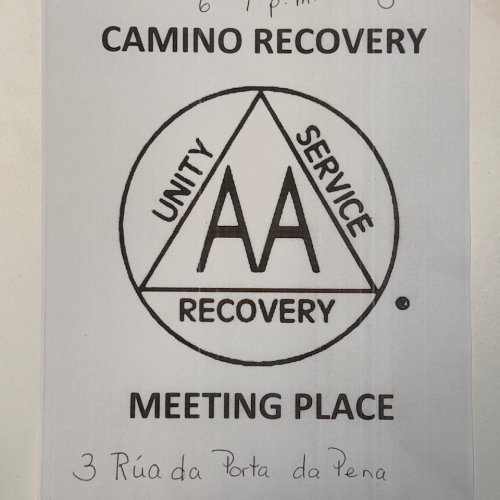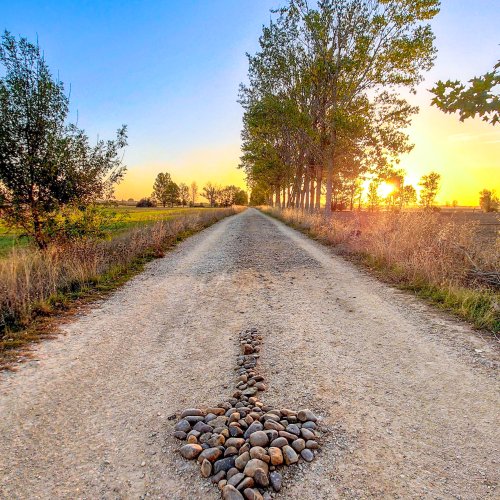scruffy1
Veteran Member
- Time of past OR future Camino
- Holy Year from Pamplona 2010, SJPP 2011, Lisbon 2012, Le Puy 2013, Vezelay (partial watch this space!) 2014; 2015 Toulouse-Puenta la Reina (Arles)
I am very much attracted to all things historical and archeological, Roman Medieval, Jewish and Christian - especially those concerning Saint James and would ask some few moments of your time and experience for the following inquiry. I recently watched a short video from the English Channel 4 appearing on YouTube and concerning the history and archeology of a forgotten town in Scotland, now vanished. Roxburgh was an important trading center in High Medieval to early modern Scotland. In the Middle Ages it had at least as much importance as Edinburgh, Stirling, Perth, or Berwick-upon-Tweed, for a time acting as de facto capital (as royal residence of Scottish King David I). The town thrived during these several hundred years from the production and sale of wool and cattle hides sold to merchants and industry in Flanders (then ruled by the Dukes of Burgandy) until the perfidious English conquered the town and then the port of Berwick effectively strangling this trade route and the abandonment of the town.
The producers of this video knew that the most important streets in this town were called Royal Street and Market Street. Further, that the busiest and most important market days occurred during the last week of July and the first of August. Lastly, that the church/cathedral in Roxburg was dedicated to…Saint James. They didn't reveal or didn't know that this important market, setting the financial base for the next entire year for all of Southern Scotland over several hundred years, was directly connected to Saint James' feast day.
My question. Was there a similar custom in Santiago or other parts of Galicia, or anywhere else for that matter dating from modern or historical times, of an all-important yearly market day around July 25? I know the cathedral in Santiago was supported historically, and in part, by that special tax raised all over Spain, a tax like many other, that is, not really appreciated by those far from Galicia. To anyones knowledge, was there a special celebration, market, or holiday beyond the festivities of July 25? Thank you for your interest.
PS Saint James plays but a very small part in this video though a small part of the cathedral was discovered, it may be seen here:
The producers of this video knew that the most important streets in this town were called Royal Street and Market Street. Further, that the busiest and most important market days occurred during the last week of July and the first of August. Lastly, that the church/cathedral in Roxburg was dedicated to…Saint James. They didn't reveal or didn't know that this important market, setting the financial base for the next entire year for all of Southern Scotland over several hundred years, was directly connected to Saint James' feast day.
My question. Was there a similar custom in Santiago or other parts of Galicia, or anywhere else for that matter dating from modern or historical times, of an all-important yearly market day around July 25? I know the cathedral in Santiago was supported historically, and in part, by that special tax raised all over Spain, a tax like many other, that is, not really appreciated by those far from Galicia. To anyones knowledge, was there a special celebration, market, or holiday beyond the festivities of July 25? Thank you for your interest.
PS Saint James plays but a very small part in this video though a small part of the cathedral was discovered, it may be seen here:











